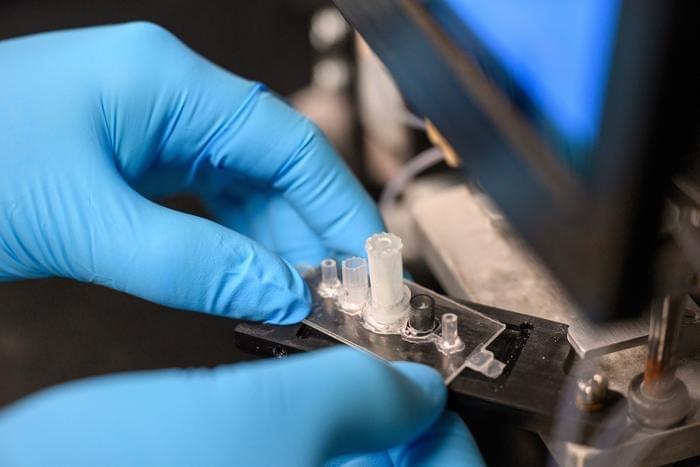Researchers have mapped 50,000 of DNA’s mysterious “knots” in the human genome. The innovative study of DNA’s hidden structures may open up new approaches for treatment and diagnosis of diseases, including cancer.
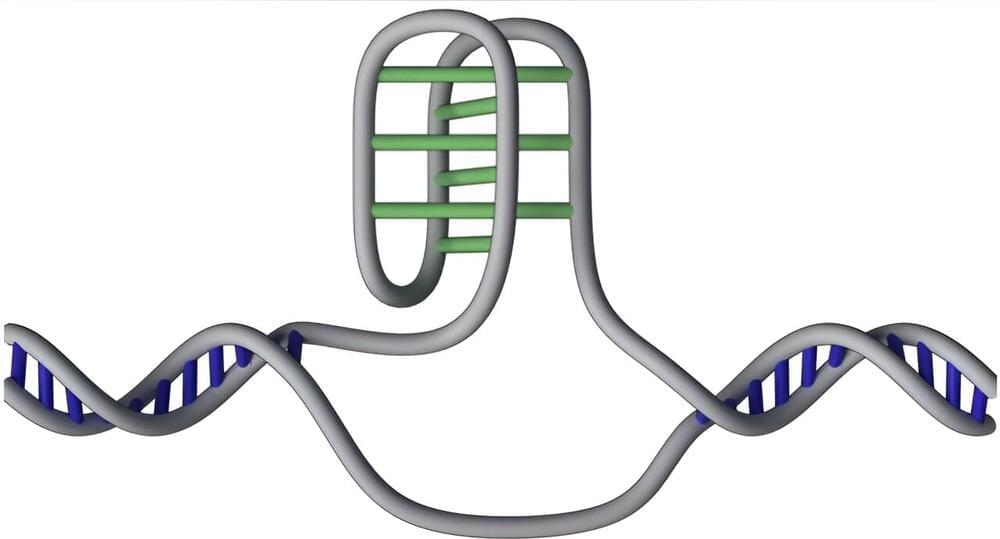

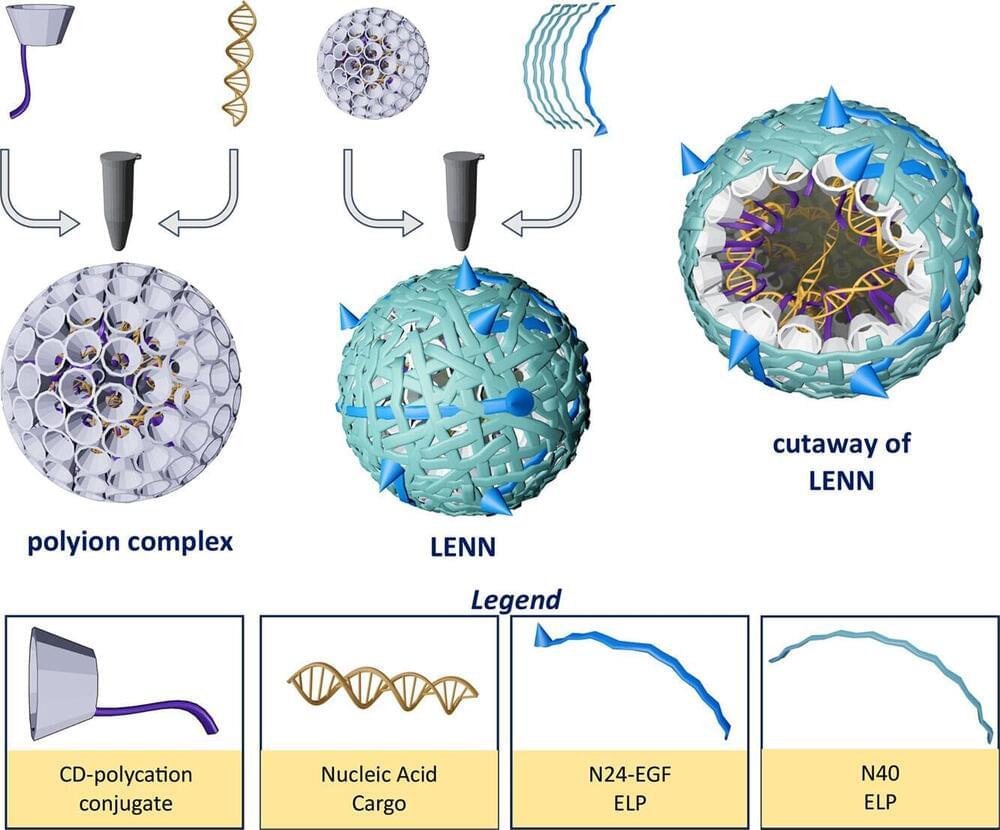

India has edged past the United Kingdom by delivering more cutting-edge critical technology research during the period between 2019 and 2023, data published by the Australian Strategic Policy Institute on Wednesday (August 28) showed.
The institute updated its critical technology tracker this week by focusing on high-impact research or 10 per cent of the most highly cited papers, as a “leading indicator of a country’s research performance, strategic intent, and potential future science and technology capability”
The tracker covers 64 critical technologies and crucial fields spanning defence, space, energy, the environment, artificial intelligence (AI), biotechnology, robotics, cyber, computing, advanced materials, and key quantum technology areas.
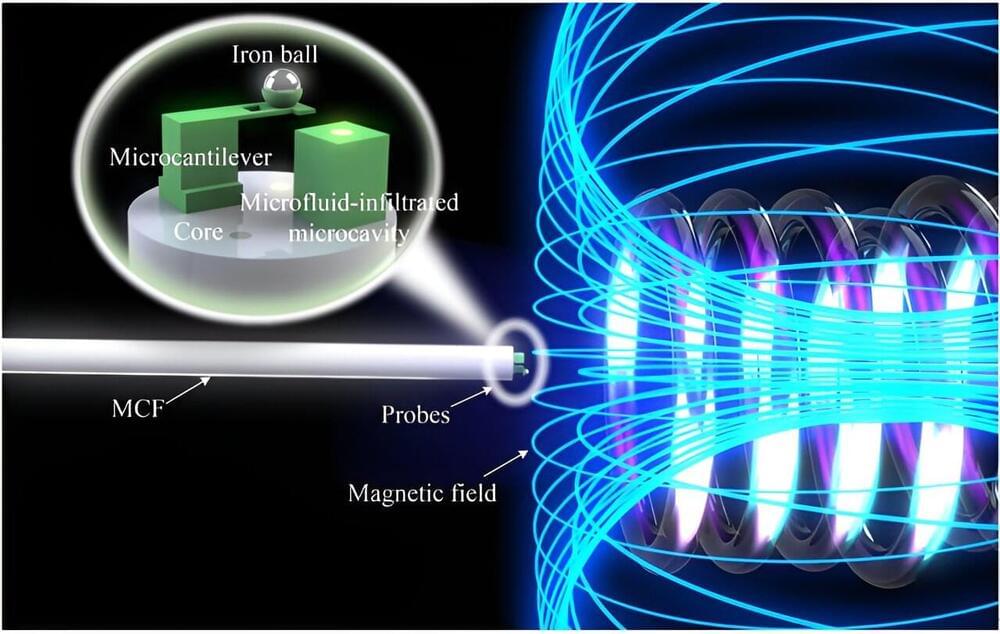
Magnetic field sensing plays a pivotal role in numerous fields of medical, transportation and aerospace. The optical fiber-based magnetic field sensor possesses outstanding characteristics of compactness, long-distance interrogation, low cost and high sensitivity, which has attracted intensive interest. However, the fiber-based magnetic field sensor is generally affected by the temperature perturbation.
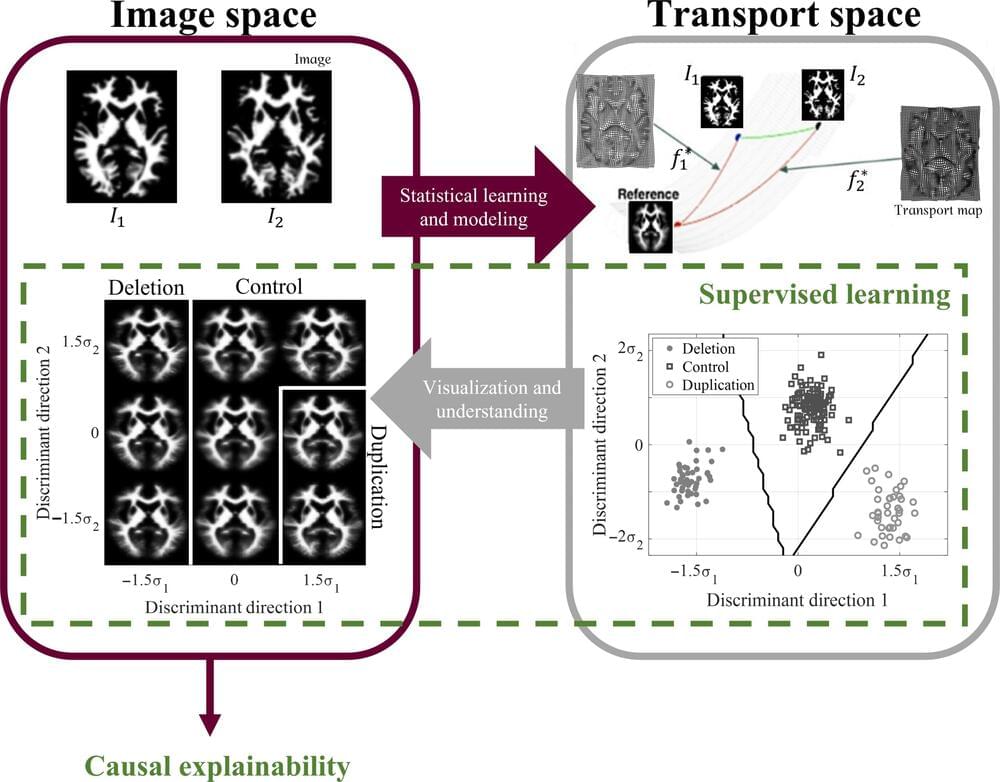
A multi-university research team co-led by University of Virginia engineering professor Gustavo K. Rohde has developed a system that can spot genetic markers of autism in brain images with 89 to 95% accuracy.
Their findings suggest that doctors may one day see, classify and treat autism and related neurological conditions with this method, without having to rely on or wait for behavioral cues. And that means this truly personalized medicine could result in earlier interventions.
“Autism is traditionally diagnosed behaviorally but has a strong genetic basis. A genetics-first approach could transform understanding and treatment of autism,” the researchers wrote in a paper published in the journal Science Advances.
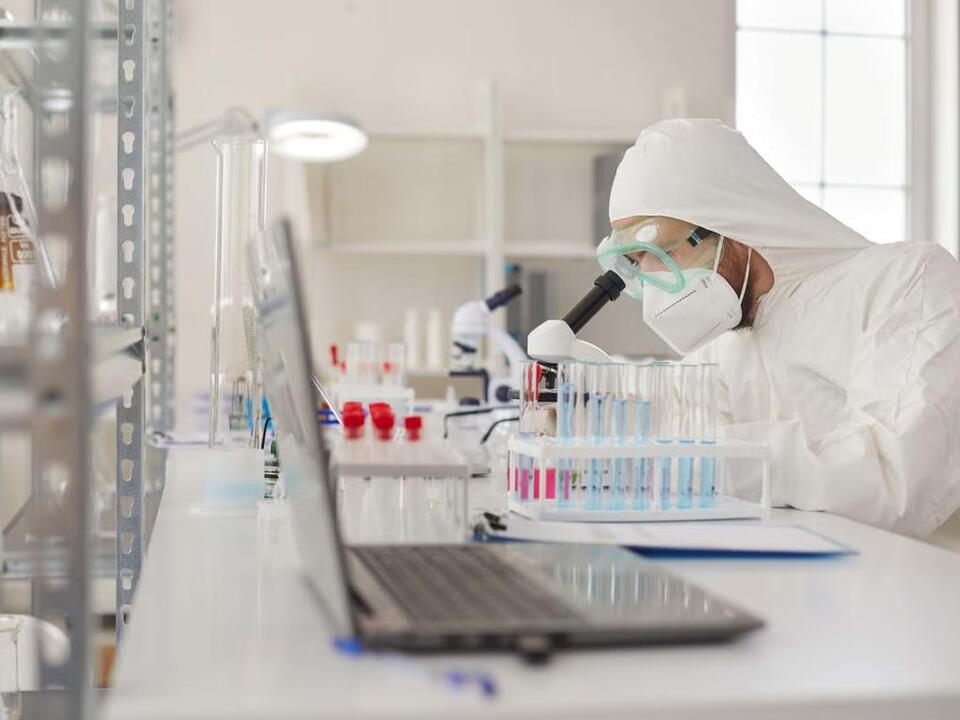
Scientists are working on a “breakthrough” cancer vaccine after discovering how the body’s immune system targets cells devastated by the disease.
A study led by researchers from the University of Southampton found the body’s natural “killer” cells – from the immune system which protects against disease and infections – instinctively recognise and attack a protein that drives cancer growth.
The scientists believe that by using this protein – known as XPO1 – they may be able to activate more killer cells to destroy the disease, paving the way for new and less invasive forms of cancer treatment.
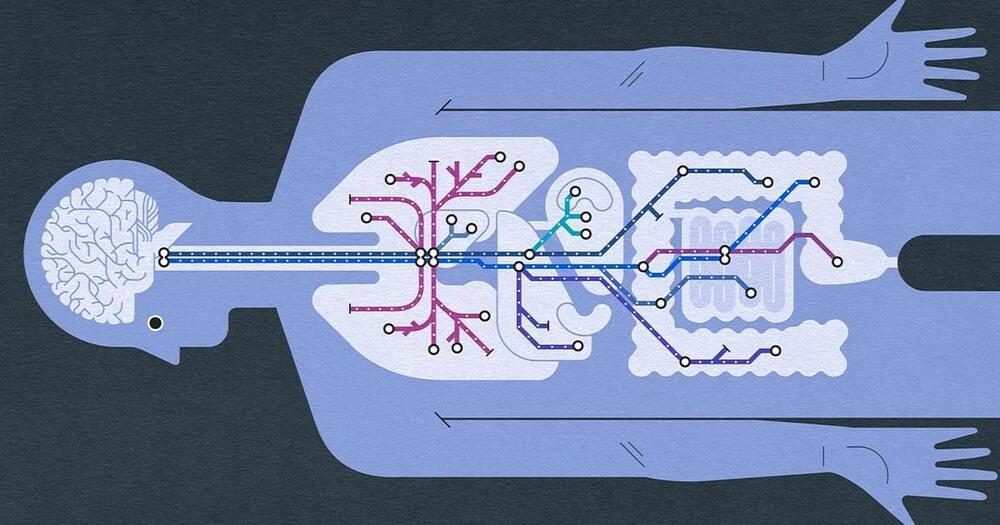

This new technology will give doctors a closer look. Introducing Pillbot: a tiny disposable robot that you swallow to let doctors see inside your body. In a live demo on the TED Talk stage, creators Alex Luekbe and Vivek Kumbhari show how this pill-sized device navigates the inside of your stomach with a camera, giving a direct view of the entire organ — without the discomfort of invasive procedures — paving the way for further exploration of the human body. “Inside each and every one of us holds mysteries and wonders that if unlocked, lead to better health, performance and longevity,” says Luebke. Visit the link in bio to watch the full talk.’

